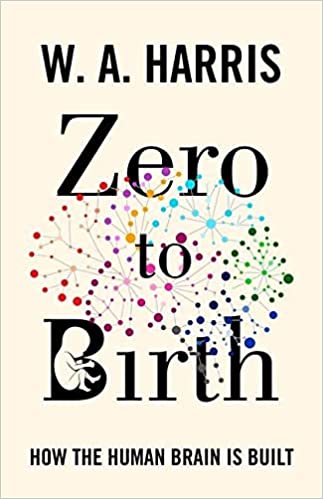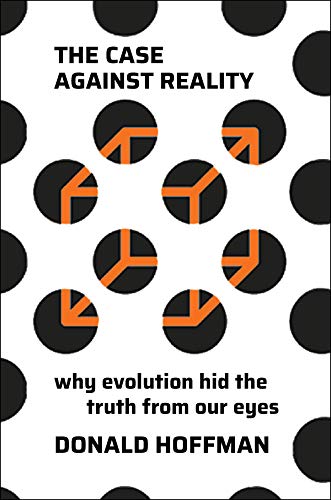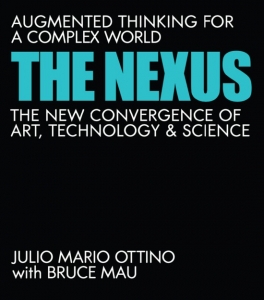“Zero to Birth: How the Human Brain Is Built” with Professor William Harris
A single fertilised egg generates an embryo. Different cell types in this embryo develop into various organs of a new human being, including a new human brain. Everything starts with a single fertilised egg, and in the embryo, some embryonic cells develop into neural stem cells that construct the brain. By the time a baby is born, its brain is already made up of billions of precisely designed neurons that are connected by trillions of synapses to form a small, compact but incredibly powerful supercomputer. In his recent book “Zero to Birth: How the Human Brain Is Built” pioneering experimental neurobiologist professor William Harris takes the reader on an incredible journey to the very edge of creation, from the moment an egg is fertilised to every stage of a human brain’s development in the womb — and even a bit beyond. In this episode of Bridging the Gaps, I speak with Professor William Harris the process of how the brain is built.
William Harris is professor emeritus of anatomy at the University of Cambridge. He is the coauthor of Development of the Nervous System and Genetic Neurobiology and the co-editor of Retinal Development. He is a fellow of the Royal Society.
We begin by examining the evolutionary history of the brain, which spans billions of years and in the Proterozoic eon, when multicellular animals first descended from single-celled organisms, and then we discuss how the development of a fetal brain over the course of nine months reflects the brain’s evolution through the ages. We discuss the emergence of first neural stem cells and how the formation of the neural plate and then its progress to the neural tube give the first glimpses of the development of the brain in an embryo. We discuss in detail how cells divide and create neural stem cells and then how these stem cells start producing neurons. A fascinating topic that we then cover is how individual neurons form connections with other neurons. Professor Harris explains how comparative animal studies have been crucial to understanding what makes a human brain human, and how advances in science are assisting us in understanding many qualities that don’t manifest until later in life. This has been a fascinating discussion on an intriguing topic.
Complement this discussion with The Spike: Journey of Electric Signals in Brain from Perception to Action with Professor Mark Humphries and then listen to The Self-Assembling Brain” and the Quest for Artificial General Intelligence with Professor Peter Robin Hiesinger




Connect With Us